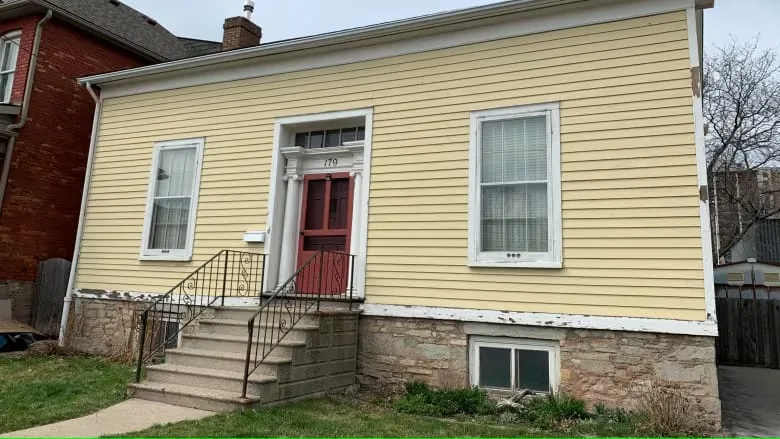
Investing in the renovation of wholesale homes in Ontario can offer an excellent chance to increase value and make a profit. To optimize your profits and steer clear of expensive errors, it’s crucial to meticulously plan your renovation strategies. Here are 10 essential tips to guide you towards success when refurbishing wholesale homes in Ontario.
1. Thoroughly Inspect the Property Before Purchase
Homes sold wholesale are typically offered on an as-is basis, which can often involve hidden problems. Therefore, a professional examination is crucial before completing any purchase. This inspection enables you to calculate your budget accurately and dodge unanticipated shocks.
2. Create a Realistic Renovation Budget
Set a detailed budget before beginning any renovations. Wholesale homes often need more repairs than initially expected, so it’s wise to leave some room for unforeseen expenses. Tracking all expenses ensures you stay on top of your financial goals.
3. Focus on High-ROI Upgrades
Some renovations increase property value more than others. Prioritize upgrades that yield high return on investment, like modernizing kitchens and bathrooms, improving curb appeal, or updating energy-efficient systems.
4. Hire Licensed Contractors
While it may be enticing to save money by employing less expensive labor or undertaking DIY tasks, it is crucial to hire licensed contractors for substantial projects. Substandard work can devalue your home and potentially cause future issues.
5. Prioritize Structural Repairs
During the renovation of wholesale homes, give priority to structural repairs over aesthetic enhancements. Address problems like foundation issues, roof leaks, or water damage at the earliest. These repairs are vital for the long-term durability of the home and can help avoid additional damage that could be more expensive to rectify in the future.
6. Understand Local Regulations and Permits
Building codes and zoning laws in Ontario are very specific and must be adhered to during renovations. Ensure you secure the requisite permits for any changes involving electrical, plumbing, or structural modifications. Non-compliance with these local rules could lead to penalties, project delays, or even the mandatory removal of any work that fails to meet the required standards.
7. Don’t Over-Improve for the Neighborhood
Ensure your renovation plans correspond with your neighborhood’s standards. Overdoing a wholesale home’s improvement, like incorporating high-end finishes in a mid-range market, may lead to excessive spending without a proportionate increase in resale value. Opt for enhancements that are in line with the local market’s expectations.
8. Upgrade Energy Efficiency
Homes with energy efficiency are highly sought after. Think about enhancing your home by replacing windows, increasing insulation or installing appliances that save energy. Such enhancements lower utility bills, making your home more appealing to prospective buyers. Additionally, you might be eligible for government incentives designed to encourage energy efficiency.
9. Plan for a Contingency
Despite meticulous planning, unforeseen problems can occur during renovations. Hence, it’s wise to allocate 10-20% of your budget for a contingency fund to deal with surprises like hidden mold or asbestos, particularly in older wholesale homes. This will allow you to manage unexpected expenses without disrupting your project.
10. Stage the Property for Sale
After the completion of renovations, it is vital to stage your wholesale home to appeal to potential buyers. A properly staged home assists prospective buyers in imagining the possible uses of space and establishes an emotional connection. A clean, neutral decor and a welcoming layout could significantly speed up the sale of your wholesale home.
Top 10 Tips for Renovating Wholesale Homes in Ontario – Urban Splatter